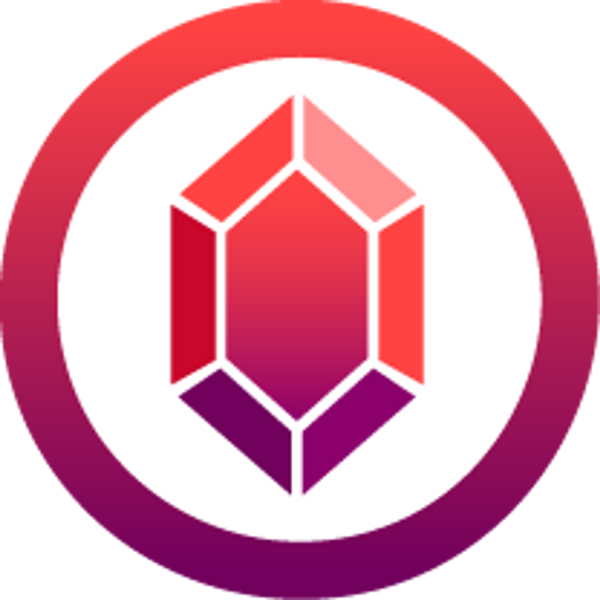Ethereum supports the ability to create tokens: Digital assets hosted on the blockchain. Many of these assets are "fungible" tokens like USDC, USDP, COMP, and RUBY, which have a configurable total supply (often set as millions or billions), and which can be divided into tiny fractions of a unit.
Sometimes, though, a single, indivisible token is required, to represent a unique asset. That's where non-fungible tokens, or NFTs, come in. While these can be created easily on Ethereum mainnet, the gas costs make it uneconomical to do that for large numbers of NFTs. SKALE NFTs cost nothing to create or manage, making them an ideal way to add widespread NFT functionality to DeFi dapps—with Ruby being the first major example of its kind.
Fungibility, Unique Assets, And SKALE-Powered NFTs
In order to function properly, money needs to have several key properties, including scarcity, durability, portability, divisibility, recognizability, and fungibility.
"Fungibility" means that all units of the currency are treated the same. Every $10 bill is worth exactly $10 and is interchangeable with any other $10 bill. Every 1 euro coin is worth a euro. ERC20 is the Ethereum standard for fungible tokens that—whether they represent a fiat-backed currency like USDC, USDT, or USDP, or a utility or governance token like BAT, COMP, or RUBY—are treated exactly the same as every other token of the same type.
Commerce and financial services can't work smoothly if their units of value are not fully interchangeable in this way. A store keeper will accept all genuine $10 bills, even if they are dirty or crumpled, because he knows they are all worth the same. Similarly, a DeFi protocol that supports USDP as collateral will accept all USDP tokens: It does not distinguish between some USDP and others.

But there are assets that cannot be treated interchangeably. One classic car or post-Impressionist painting is not the same as another. And, unlike a dollar bill or a bitcoin, Van Gogh's Starry Night cannot be divided into sub-units like pennies or Satoshis.
When such one-off assets are represented by tokens stored on the blockchain, they require a different token type. ERC721 is the standard for non-fungible tokens (NFTs), which are designed to represent unique physical or virtual items. These are single, indivisible tokens, which can be owned by just one person.
To date, the most popular use case for NFTs has been digital art. However, while there are many potential applications for NFTs, including in DeFi, these have been limited by Ethereum's gas costs. It's uneconomical to mint NFTs at scale when each one requires a transaction fee of $50 or more.
Because Ruby uses a large number of NFTs for many different purposes, a different solution was needed. SKALE provides the ability to mint unlimited NFTs at zero cost, as well as allowing users to transfer and trade those NFTs without paying any gas.
DeFi-Enabled NFTs On Ruby
SKALE is the perfect L2 solution for NFTs. The network's zero-gas environment enables a whole new range of use cases, including Ruby's gems: Generative artworks that convey tangible benefits to users.
The core idea of Ruby is that NFTs can be used to create an accessible and "sticky" trading experience, engaging and rewarding users for different activities, and giving them new ways to earn.
Gem NFTs are created for user profiles, and users will be able to mint special, limited-edition gems that give particular benefits, including yield boosts and trading fee rebates.

Up until now, it hasn't been possible to unleash the full potential of NFTs within the DeFi space. By bringing together several key technologies in the same platform—an AMM, SKALE's L2 solution, NFTs, and a feature-rich user interface—Ruby is helping pioneer a new era for DeFi and setting the bar for new projects.
NFTs At SKALE
By representing unique, indivisible items like Ruby's gemstones, non-fungible tokens enable far-reaching new use cases for DeFi. Thanks to the zero-gas infrastructure provided by SKALE, NFTs can form the backbone of Ruby's trading experience, showcasing new applications for these tokens within DeFi.
Follow Ruby on Twitter and Telegram, or subscribe to the blog for regular updates.






